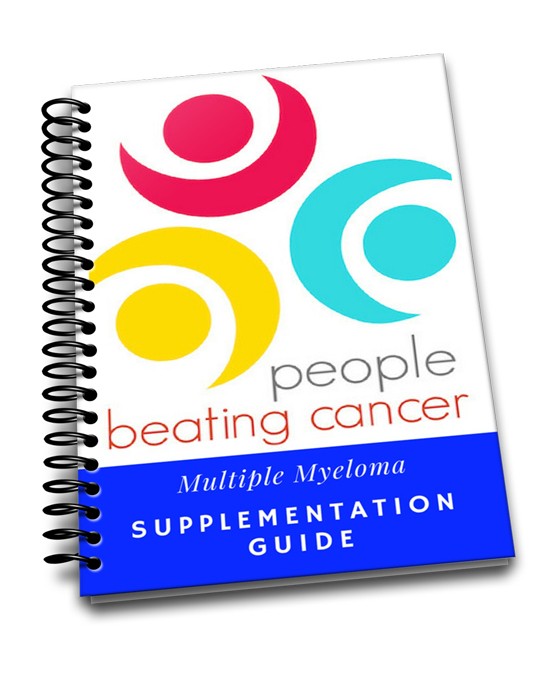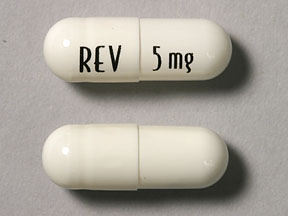The article linked and excerpted below quotes several oncologists making the case for anti-angiogenic chemotherapy drugs such as Thalidomide and Revlimid– both are a class of chemotherapy regimens called angiogenesis inhibitors. Admittedly, thalidomide and lenalidomide are expensive, cause side effects and will stop working eventually. But they work.
Among other non-toxic anti-angiogenic therapies that I follow daily, weekly, etc. I supplement with Life Extension Super Bio-Curcumin and have been since about 2006. And my incurable blood cancer has remained in complete remission in all that time. I chose to take LE Super Bio-Curcumin because of it’s efficacy and because it has been evaluated and approved by Consumerlab.com, an independent testing organization.
Angiogenesis is a normally balanced, biological process whereby our body develops new blood vessels as needed to deliver nutrients and oxygen and to eliminate metabolic waste and carbon dioxide. In cancer, however, tumors hijack this process for their own benefit.
“Angiogenesis happens during cancer formation, growth and – most importantly – spread,” says Dr. Davendra Sohal, an oncologist at the Cleveland Clinic. “Tumors need a blood supply to grow so they require new blood vessels. The native blood supply is insufficient, so angiogenesis is stimulated by the cancer itself for its own growth.”
Anti-angiogenesis medicines help control the process of new blood vessel development, Sohal says. They choke the blood supply to the cancer, preventing it from getting blood and nutrients…
[These drugs] don’t work for everyone,” Landau says.
They work well in certain cancers, but not in others (for example,
breast cancer).
They can also wear off as time goes on. In the case of kidney cancers, Landau says, once you block one pathway for developing blood vessels, the tumor learns to develop others…
Chemotherapy and anti-angiogenesis drugs can’t cure metastatic cancer or prevent recurrence; they can only help prolong survival. “Cancer is a smart animal,” Sohal says. “It can find ways to fight back.” When patients develop resistance to chemotherapy, it’s time to change to a different chemotherapy drug, he says. “We’ll continue to use angiogenesis drugs as long as we have another chemotherapy option. However, by themselves, anti-angiogenesis drugs don’t do a whole lot.”
“CONCLUSION– In vitro and in vivo studies are uncovering anti-angiogenic activity in many natural health products. Further preclinical research is required to define whether single compounds or complex mixtures will be optimal for clinical trials.
A potential advantage of phytochemicals and other compounds derived from natural health products is that they may act through multiple cell-signalling pathways and reduce the development of resistance by cancer cells. Part 2 of this review will further discuss the latter issues.”




